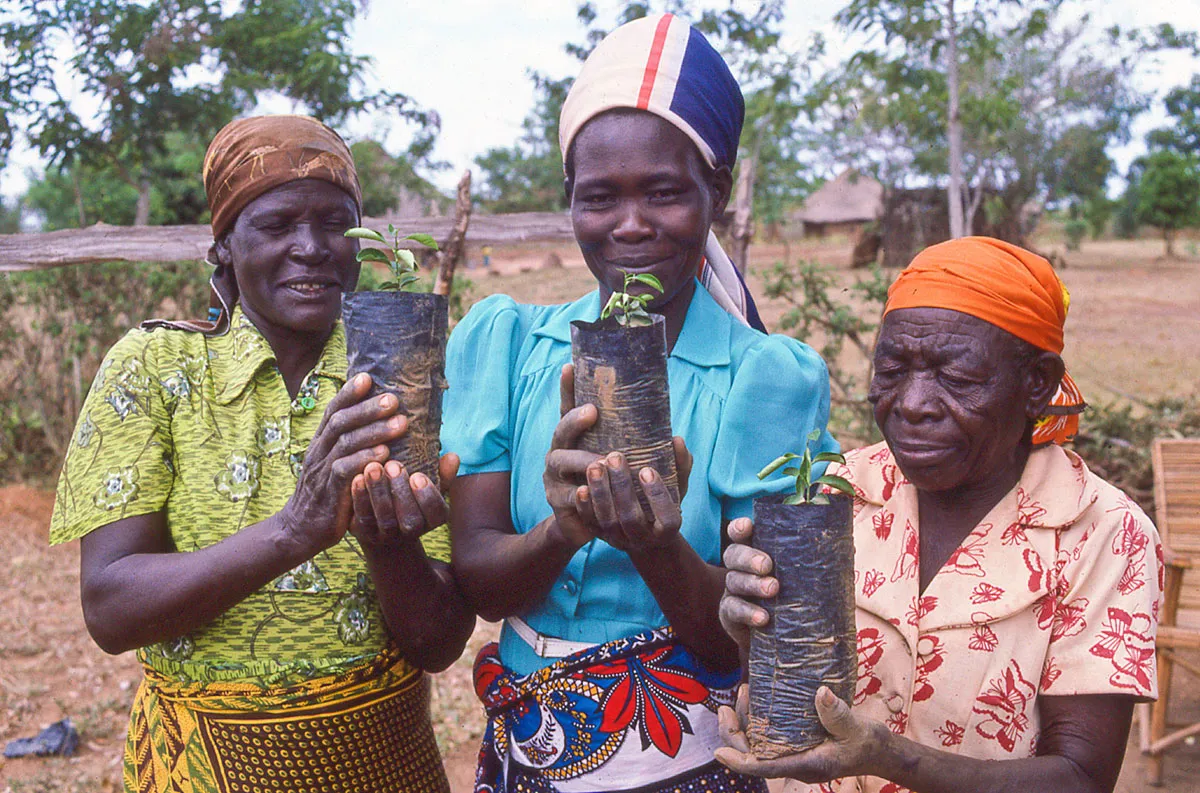Nairobi, Kenya 4 November, 2021 – Following the late onset of the rainy season and uneven and poor distribution of rains across many parts of Kenya an estimated 2.1 million people are now facing acute food insecurity and in urgent need of humanitarian assistance in the next six months, warns CARE International.
The situation is particularly drastic in northern Kenya, and specifically in the arid and semi-arid regions that account for much of Kenya. An already poor situation is predicted to worsen between October and December across northern, eastern and coastal areas, with the seasonal rains forecasted to also be below normal.
According to Dr Maureen Miruka, Country Director, CARE Kenya; “These extreme climatic conditions have had devastating effects on the environment and livelihoods of communities. This below-average rain season has come at a challenging time where farmers in the north pastoral areas are still recovering from the devastating damage caused by the desert locust invasions last year and the COVID-19 pandemic which has exacerbated the situation by restricting access to health and nutrition services, a slowdown in trade and losses of income and livelihoods due to measures put in place to control the spread of the virus. We know from experience that the situation is also worse for women and girls in communities that are affected as they are often the ones responsible for feeding their families.”
Water shortage combined with increased movement of people across the counties is now becoming a real and urgent concern for humanitarian agencies such as CARE. In Mandera – one of the worst affected counties in the northeast – the food security situation is projected to reach crisis levels by October with rains expected to be less than usual, according to Kenyan authorities.
CARE works in Garissa and Mandera counties focusing on strengthening water, sanitation and hygiene systems. CARE also works in the area to strengthen resilience and economic development in the cross-border areas with Somalia and Ethiopia. In response to the current drought CARE is working on strengthening water infrastructure and providing cash assistance to help cushion the likely devastating impact on people’s livelihoods.
For More Information:
Rachel Kent
Senior Press Officer
Rachel.Kent@care.org

